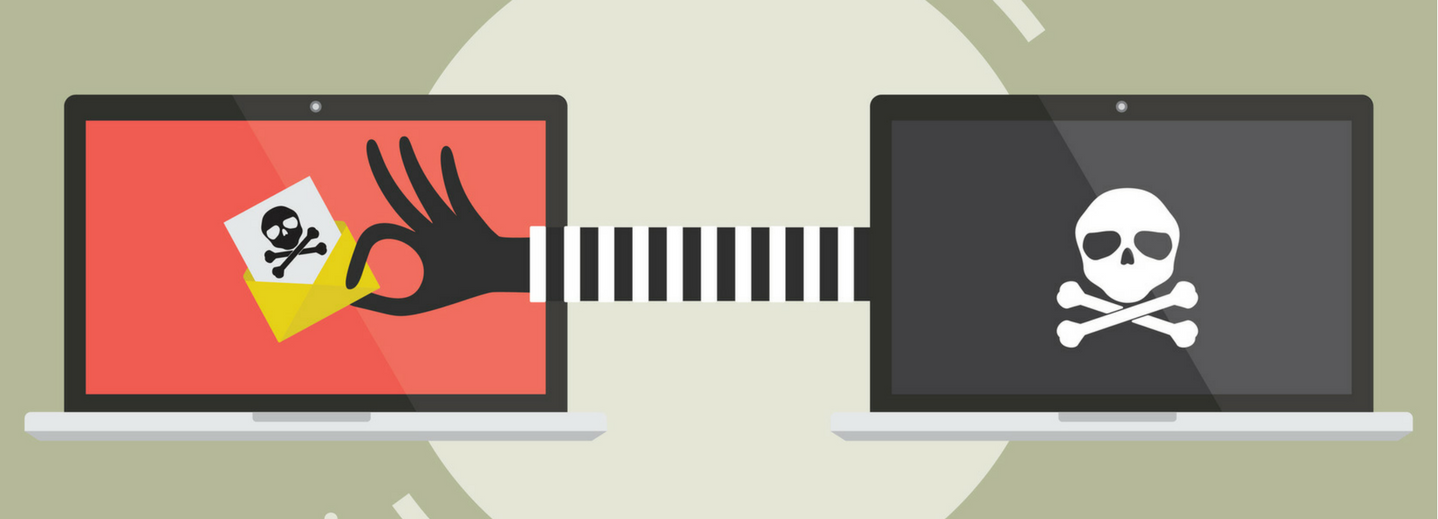Account Security in a Digital World

We live in a digital world
We can do anything from our smart phone or personal computer – from shopping for clothes, refilling prescriptions, paying bills, transferring money to a friend, to booking a flight. It’s as important as ever to play it safe online! No one wants to go through the hassle of getting stolen money back, especially when the whole situation might have been avoided had some extra security precautions been taken. Here are some helpful tips for keeping your accounts and your money protected from fraud and theft.
You’ve got mail!
If you receive any emails from a sender claiming to be from your financial institution, be aware that these are common phishing strategies. Be cautious when clicking on hyperlinks in an email from an unknown sender. Fraudulent websites can be designed to look very similar to your financial institution’s site – the intention is to trick you into entering your personal banking information so they can use it to hack your account. Yikes! Make sure to always hover over the link embedded in the email to see if that’s ACTUALLY where you’ll be directed to, as many times, a malicious link can be disguised as one that seems safe. It is perfectly fine to contact your financial institution and verify that the email you are concerned about is legitimate.
Be your own watchdog
We live in a digital world! It is easy to stay up-to-date with your accounts anywhere, anytime! Checking once every day or two (and after any purchases made online or at unfamiliar locations) will ensure you are aware of any discrepancies and report them as soon as possible. This is especially important to keep in mind when traveling, and always contact your financial institution prior to going on a trip so they can keep a close eye on your funds as well and not mistakenly deactivate or lock your cards/accounts.
What’s the password?
Change passwords regularly, and don’t use the same or older ones for every one of your accounts (even passwords unrelated to finances). For example, you use the same password for things like social media, work credentials, and/or your financial account login. If someone were to hack into your email, they essentially now have access to all of your other accounts with one master ‘key’ AKA an overused password. Use a variety of passwords across all platforms, each should be unique. There are a variety of smart phone apps that can house all your passwords – of course, you will want to secure the app with an epic password not easily hacked or guessed by anyone. When it comes to thinking of hard-to-guess passwords, try to steer clear from commonly obtained personal information, such as your name, birthday, or phone number, and instead use distinct combinations involving upper- and lower-case letters, numbers, and characters. If you have trouble coming up with ideas or remembering passwords, try substituting letters for other characters. For example, your dog is a golden retriever and you just adore him. Pay homage to your fur baby and use “G@ld3nR3tr!3v3r” as a unique password. Awww, w@rM.fuZZ13s!
Safety in numbers
Having a two-step log-in process is an easy way to double-up on security (such as requiring a code to be sent to you via text message or email whenever you sign into your account from somewhere new). This is why logging onto your accounts from recognized, trusted networks is best, but familiarity is not always practical in a world that’s constantly on the go. Fortunately, more and more businesses and community areas are adopting the use of public Wi-Fi. Unfortunately, a foreign network puts you at more of a risk when it comes to accessing your account. Whenever logging onto Wi-Fi you don’t typically use, make sure you’re logging into a secure network and disconnect every time you stop using the network. Simply keeping your own computers and other devices current with protective antivirus software is another way to save yourself from potential hardship and headache accompanied by a successful breakthrough attempt.
And lastly, ask for help
Though these kinds of situations can be scary, there are certainly resources and people available to help should you ever find yourself needing assistance. Whenever you notice something that doesn’t seem right on your account or you suspect you might be the victim of identity theft or hacking, contact your financial institution immediately to get the process of resolving the situation started as soon as possible. Catching fraud early is best!
By Campus USA at 7 Jul 2017, 17:32 PM